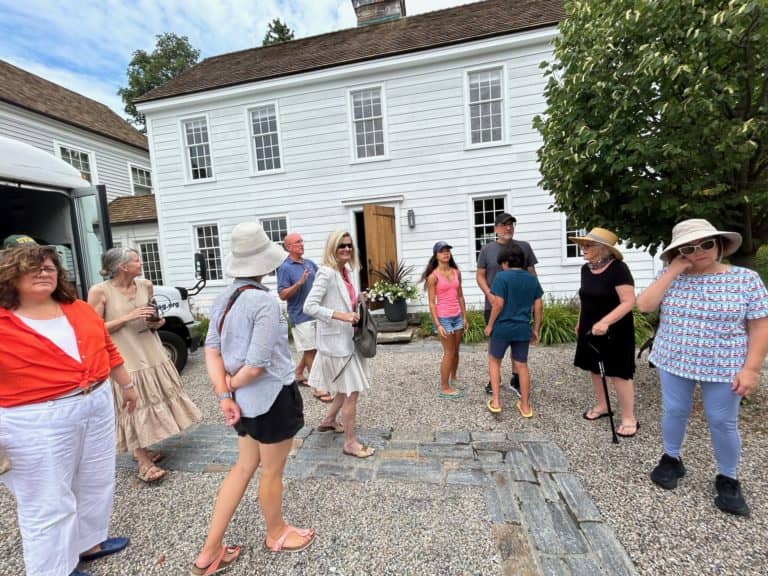

By Rev. Dr. Nathan Hart
Over the last twenty years, television news networks have increased their tendency to “emotionalize their news,” according to Dr. Graham Davey, author of The Anxiety Epidemic and Why We Worry. Newsroom producers do this “by emphasizing any potential negative outcomes of a story no matter how low the risks of those negative outcomes might be.” Davey’s research reveals that people who regularly watch television news are “significantly more anxious and sadder” than those who do not.
While emotionalized news creates compelling, even addictive programs that produce lucrative advertising revenue for the networks, their overall effect on individual viewers and collective society is psychologically damaging.
Opinion shows on news networks, which are also designed to sell ads, have an additional agenda: to shape minds. The hosts present narratives, worldviews, ways of making sense of our chaotic and unpredictable world. These narratives have the appearance of providing comfort to those of us who are anxiously wondering how to think and feel about troubling events in an ever-changing world, but ultimately lead to more worry and divisiveness.
Worry drives us to watch, but watching makes us worry more, which in turn makes us want to keep watching. Without realizing it, we might end up spending several hours per week watching the news. In fact, it can even become a priority; we begin to plan our daily schedules around when our favorite show airs. Over time, the news becomes more than just information or even entertainment. It becomes more like a religion. A religion captures our loyal attention and provides the grand story about how the world began, will end, and functions in the meantime.
The stories being presented by television news networks sell a lot of ads but don’t make for a very good religion. They create the kind of religion that leads to despair and division: distrust of the people who watch the “other” network, arrogance in one’s own worldview, a sense of always being wronged by the system or by those who think differently than you, cynicism, depression, and anger. Basically, the religion offered by television news lacks one all-important element: redemption. It displays plenty of conflicts captured by our society’s now-ubiquitous digital cameras. It displays plenty of talking head battles about those conflicts. But it offers little redemption or resolution of them. As a result, there is little humility, grace, peace, or healing which are the fruits of redemption. If actual redemption were to be offered by the news stories, there would be fewer ads to sell. The result is that we are reduced to thinking things like, “Maybe if I buy this heartburn medication I’ll feel a little better about the idiots ruining my country.” There is no hope in that.
But the Bible tells a better story. Good Biblical preaching reveals the true conflicts in our world but also points us to the remedy. As a preacher myself, I often feel frustrated knowing that some of my hearers spend Monday through Saturday hearing the stories of their other “religion” on TV.
Pastor Jonathan Martin put it this way: “A 30-minute sermon won’t teach people to love neighbors their cable news teaches them all week to fear/hate. They’ve already been discipled.”
I can imagine some arguments you might have as you read this. You may be thinking, “Surely he’s talking about that OTHER news channel.” Or, “But I need the news! How else would I know what’s going on in the world?” The truth is that all news channels have agendas and we’ll be just fine without them. There are plenty of “slow news” sources that are less politically and emotionally charged.
If we can’t imagine that to be possible, it might be true what Jonathan Martin said: we’ve “already been discipled.” I earnestly hope this isn’t true. And if it is, I offer a suggestion: Let’s spend as much time this coming week reading our Bibles, listening to sermons online, or studying devotionals, as we do watching the news. This might require either a dramatic reduction in news consumption, a dramatic increase in Bible/sermon consumption, or both. But I’ll bet that we’ll feel less heartburn, more peace, and we might even become motivated to go out into the world to be part of the better story of redemption. The world needs to hear that story now more than ever.
 Rev. Dr. Nathan Hart is the Senior Pastor at Stanwich Church. Nathan grew up in Holland, Michigan, where he attended Hope College. He later received his Masters from Princeton Theological Seminary and his Doctorate from Gordon-Conwell Theological Seminary. He and his wife have two children and live in Greenwich, CT.
Rev. Dr. Nathan Hart is the Senior Pastor at Stanwich Church. Nathan grew up in Holland, Michigan, where he attended Hope College. He later received his Masters from Princeton Theological Seminary and his Doctorate from Gordon-Conwell Theological Seminary. He and his wife have two children and live in Greenwich, CT.




